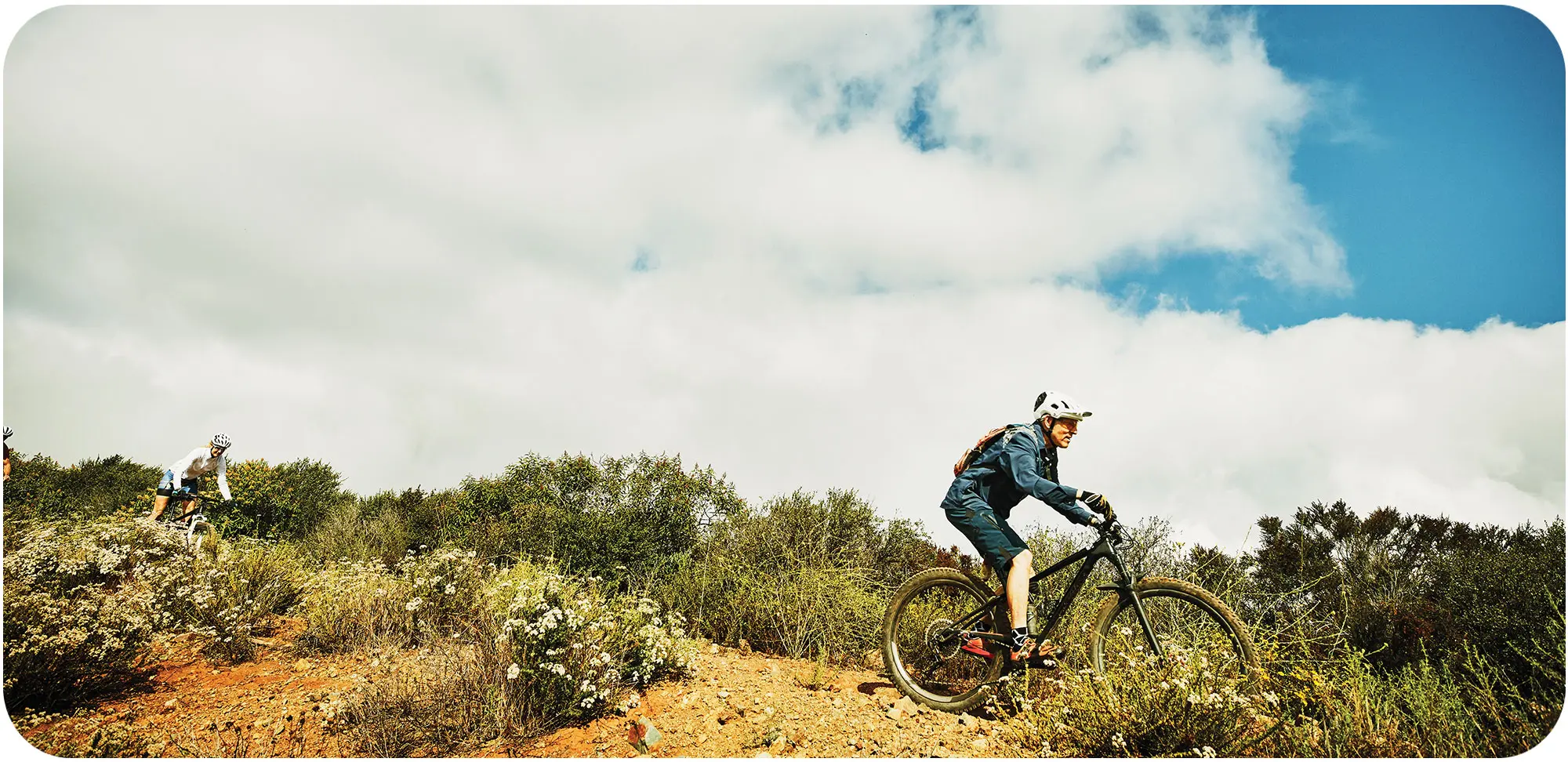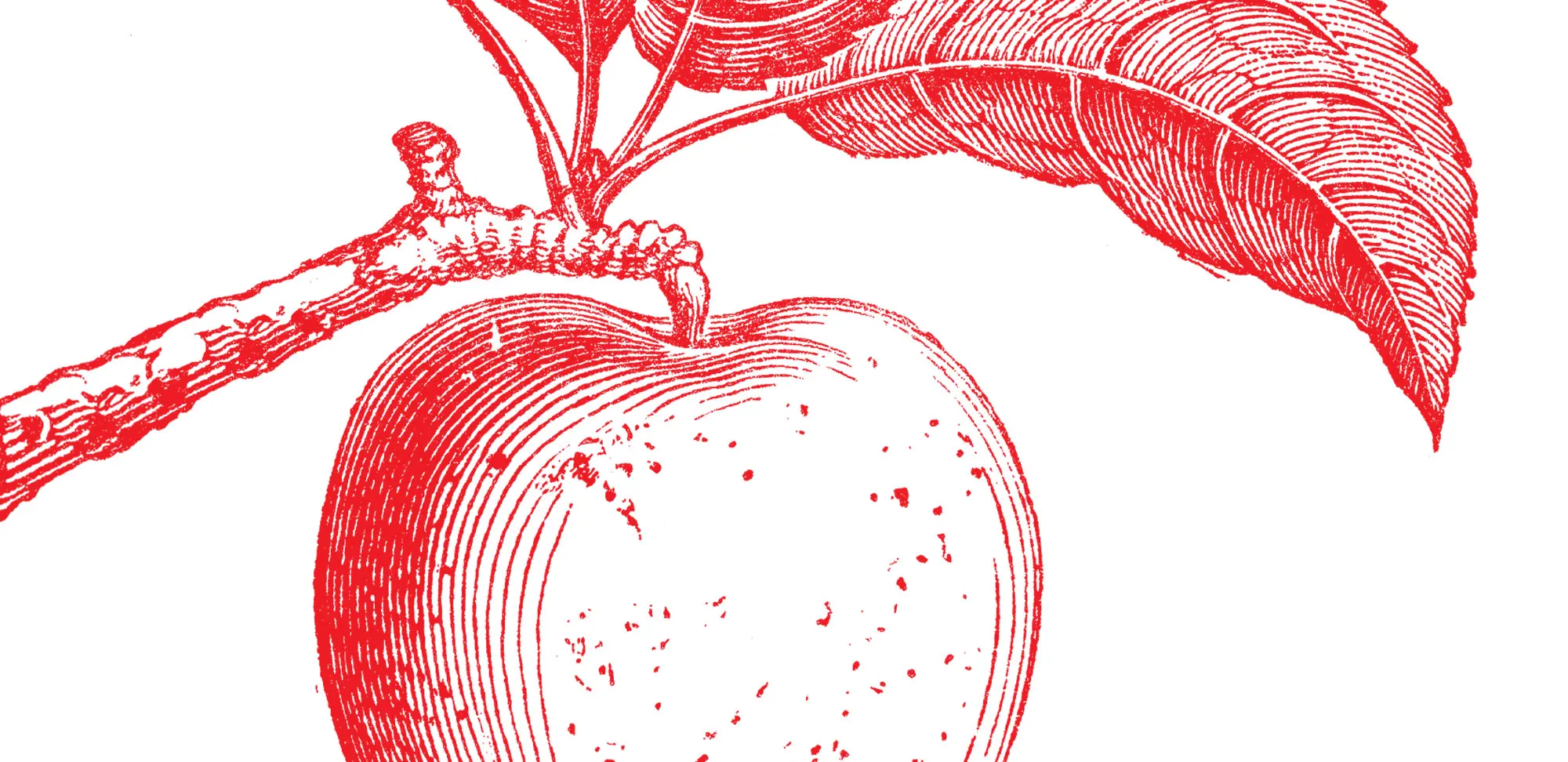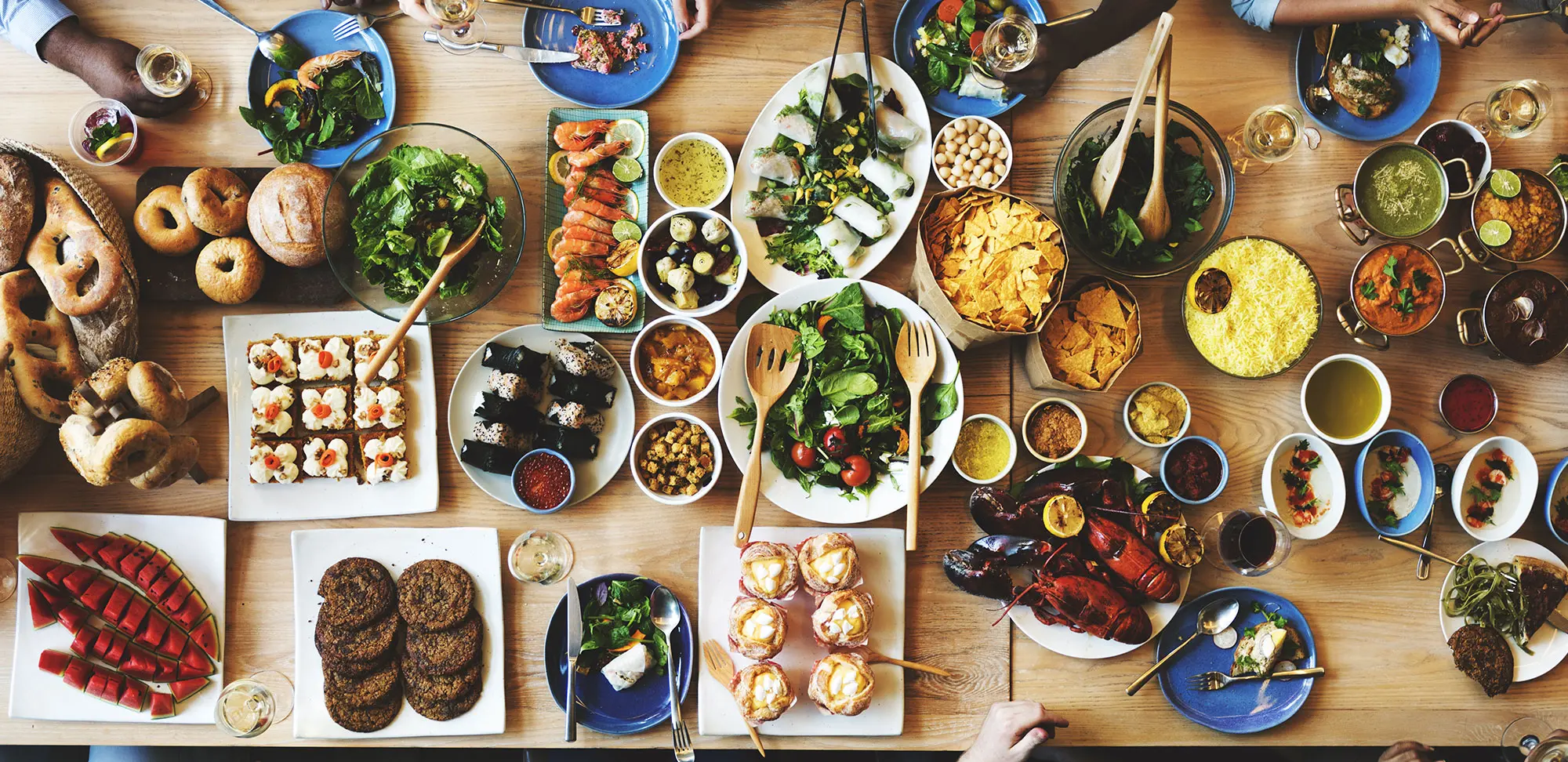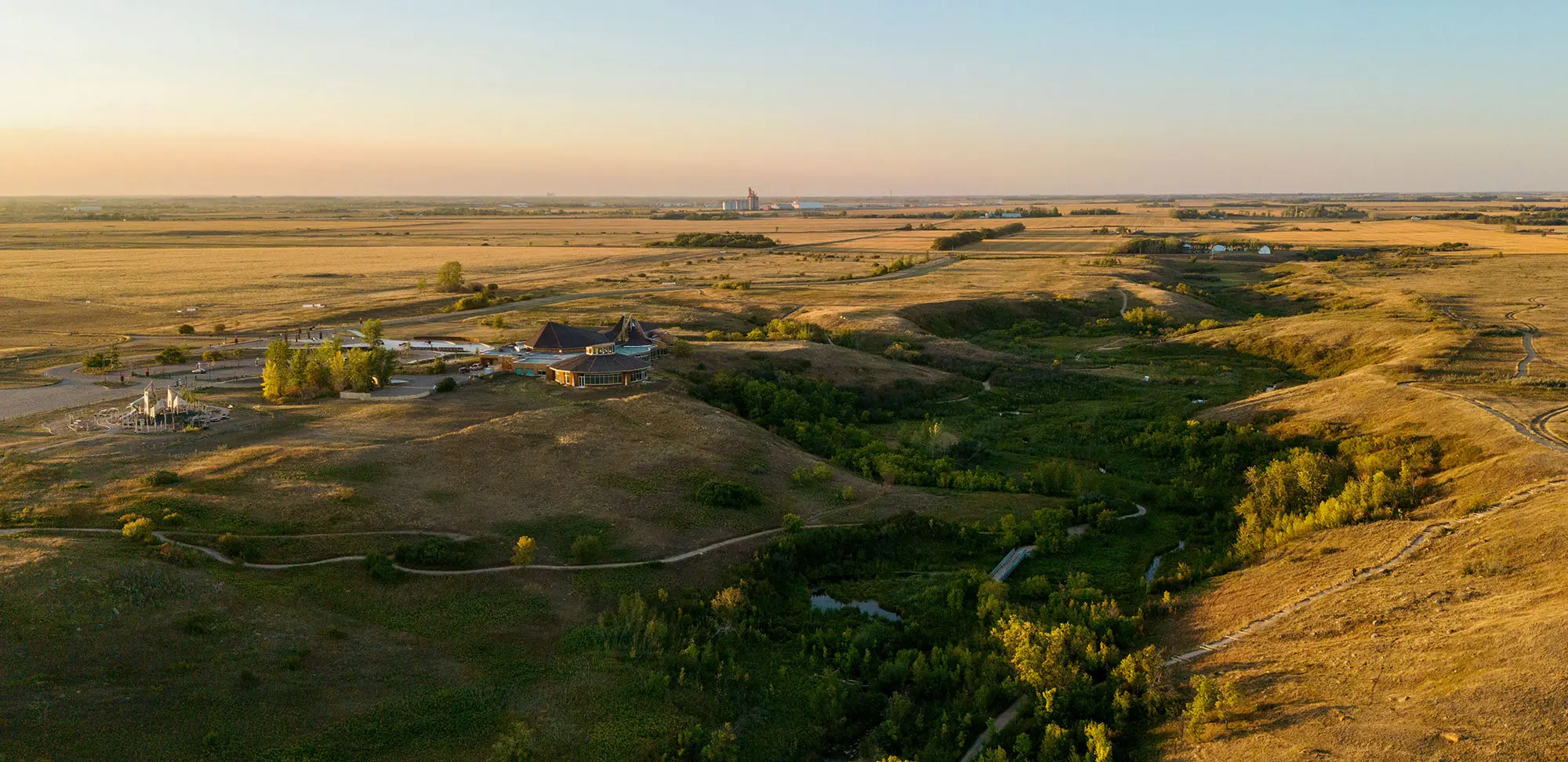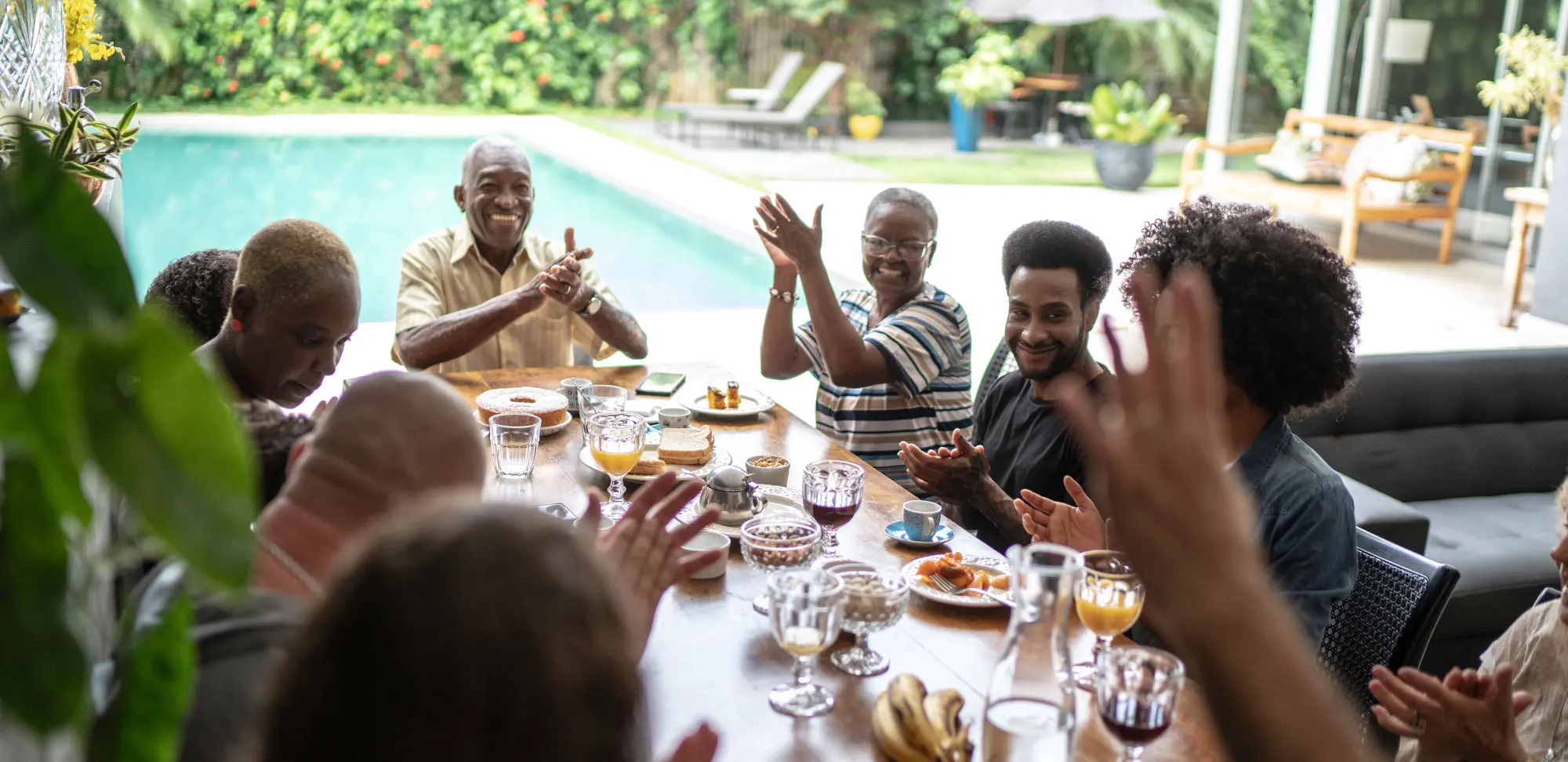Research shows that people who seek different experiences live healthier, happier lives. But we’re creatures of habit, right? Think of your hobbies, the shows you settle in to watch, the breakfast cereal you eat every morning. But stretching your comfort zone serves your well-being in mind, body and soul. Here’s how to get your game on.
Try a new activity
Even if you have lots of interests, it’s easy to get in a rut, doing the same old thing. So broaden your horizons. Ever consider salsa dancing, tennis, volunteering at your local hospital or taking a kickboxing class?
Anything new has an inherent benefit, says Brian Lambier, a certified retirement coach in Calgary. “It’s about that sense of awe, which we can lose as adults. Kids have awe, because there’s a lot of firsts they haven’t done yet.”
You gain confidence from trying something new, says Lambier. The goal isn’t to find a new hobby, though you may. Attempting new activities can become a hobby in itself.
New activities can trigger our brains to release dopamine, providing a jolt of satisfaction and reward. In one study, published in the journal Nature Neuroscience, researchers used GPS data from the phones of 122 participants to track their movements over three to four months. Every two days, the participants also answered questions about their moods.
The researchers found that when people’s days had more variety, as measured by the number of new locations they visited in a day and the diversity of their experiences there, they reported more positive feelings. Those emotions lasted into the next day as well.
There’s nothing wrong with leaning on familiar pastimes to stay busy, but it’s important to find new stimulation too, says Lambier. The activity doesn’t matter; the novelty does.
“It’s about that sense of awe, which we can lose as adults. Kids have awe, because there’s
a lot of firsts they haven’t done yet.” — Brian Lambier
Eat a new food
It’s trite but true: Variety is the spice of life. And that goes for the variety of spices in your diet, as well as flavours, cuisines and food combinations.
Considering that we eat 1,095 meals a year, plus snacks, many people have a surprisingly limited palette for their plate. Sure, there are foods we hate, but there are many others that we might love if only we tried them.
So check out a restaurant that specializes in fare you’ve never eaten, pluck a new fruit or veggie from the produce section, or get adventurous in the kitchen.
“It’s refreshing,” says Lloyd Sudeyko, coordinator of the Food and Nutrition Management program at George Brown College’s Centre for Hospitality and Culinary Arts in Toronto.
That’s true in many respects. When a diet is more varied, you can get nutrients that you might miss if you eat the same thing all the time. Maybe you’ll get inspired about cooking again. You might also learn about other cultures through their food, or make travel more meaningful by eating local.
You don’t have to become a gourmet chef or a gastronome. Pair a standby main dish with a new side dish, says Sudeyko. If you love chicken, put a twist on your go-to recipe. Or when you have dinner out, try a restaurant that offers a tasting or small-plates menu — a great opportunity to sample something new, and maybe seriously tasty. Just go ahead and spice things up.

Explore a new genre
Half of adult Canadians read or listen to a book at least weekly, and one-third do at least daily, according to BookNet Canada. Their study also found that the older we get, the more we set aside time to read. But frequency doesn’t necessarily mean variety. Many of us binge on specific genres — crime, for example, or biographies or historical fiction. The same often holds true for the TV shows and movies we watch.
Exploring new genres invites you to discover a fresh set of storytelling structures, concepts and perspectives, says Travis Croken, co-chair of the Canadian Authors Association and an Ottawa writer. “It flexes different ideas of your imagination.”
Each year, Croken runs a reading challenge. It’s not about how many books people read, but about the range of genres and topics they explore.
Does your fiction list include fantasy, literary, mystery, horror, thriller, sci-fi, romance, magic realism, short stories, graphic novels, adventure, historical fiction, young adult and the many sub-genres of each? Do you venture deep into the umpteen classifications of non-fiction? Or read poetry and plays? Do you seek authors from varied backgrounds and cultures?
The next time you’re in your local bookstore or library, ask staff what they read. Or head to a different stack than you usually do and explore the titles. Check bestseller lists — New York Times, for example, or Globe and Mail rankings. You might broaden your perspective on an issue, find new inspiration or escape, or even become a fan of something you’ve long overlooked.
“Books open new worlds to us,” reminds Croken.

Attend a never-gone event
Have you ever been on holiday and stumbled into a street festival? You didn’t expect it and it ended up amazing. Why not have the same openness at home?
It’s about “moving into a place of ‘yes’ and having a curious, expansive mindset,” says Kate Dack, a registered clinical counsellor and certified retirement coach in Victoria.
There’s something to “the joy of breaking out,” says Dack. Never been to the ballet, but pretty sure you won’t enjoy it? Well — you don’t know till you go, and you might well be surprised. Not a sports fan? Take a pal to a baseball game … you don’t know, right? A classical music aficionado? Take your grandkids to a concert of their choice — bet it won’t be the symphony! Attending events taps into your social needs too.
Unfamiliar outings also offer the element of surprise. That matters. A study reported in the Journal of Neuroscience used MRI scans to measure changes in brain activity in response to different stimuli. In this experiment, all stimuli were enjoyable. But among participants, the brain’s pleasure centre lit up more when the sequence of stimuli was unpredictable. The researchers stated that we react more strongly when pleasures are unexpected.
That has its own payoffs. So trigger your curiosity, and maybe you’ll activate more joy and pleasure in your life.
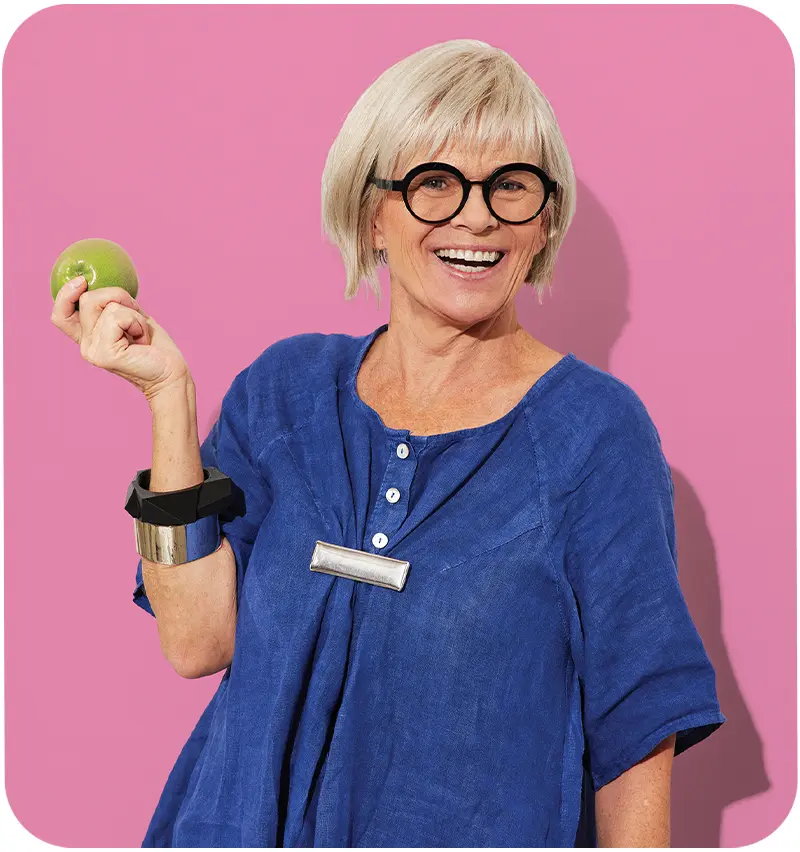
Keep learning
What if you could take a supplement — natural, no side effects and widely available — that could stimulate your brain, enhance memory, boost immunity, delay the symptoms of disease, increase self-esteem, elevate your mood, reduce stress and maybe lengthen your life. These are just some of the physical and psychological benefits of lifelong learning, as many studies demonstrate.
Taking up new activities and outings, or trying new foods or reading new genres, involves learning. So does taking classes in schools or community centres, learning to play a new instrument, learning a new language, trying a new craft like woodworking or painting, following talks or how-to videos on YouTube, or countless other formal and informal learning opportunities.
A few things can stop us, says Robert McGray, an associate professor in the Faculty of Education at Brock University in St. Catharines, Ont., and president of the Canadian Association for the Study of Adult Education. Maybe you think you can’t teach an old dog new tricks. Or you don’t think you’ll actually be very good so you don’t join the choir. Perhaps you’re afraid of looking foolish so don’t sign up for the clown class.
Throughout life, learning is often a means to an end: obtaining credentials, getting ahead in a career or mastering a skill. But learning is also its own reward. McGray calls it “a cultural feat,” where we become links in a chain of people who understand and convey ideas.
“We’re never really alone even in the most solitary act of learning,” he says.

How do you escape the same old, same old?
The familiar feels safe and it’s easy because you have done it/lived it so many, many times before.
“Fear keeps us in our comfort zone,” says Allen Lycka, co-author of the book The Secrets to Living a Fantastic Life.
The Edmonton physician-turned-writer, podcaster and syndicated radio host says we begin to grow at the edge of our comfort zone only when we challenge ourselves. “A little veer from your path isn’t that dangerous,” he notes.
The unknown can delight and motivate. One study reported in the journal Neuron found that we learn only in a state of uncertainty. Researchers call it “optimal anxiety.”
Maybe start by shaking up your everyday habits. Get up earlier than usual, introduce yourself to someone new at the dog park, take a different route for your walk or car ride.
Believe it or not, it’s like training yourself to escape your routine.
When that fleeting maybe-I-should thought crosses your mind, make a snap decision and turn that maybe into sure-why-not. If you just can’t act on impulse, be deliberate and schedule time in your calendar for something out of the ordinary.
Every time you try something new, you become more comfortable with discomfort. So do something every day that scares you at least a bit. Maybe you’ll love it, maybe you’ll hate it. But you’ll always learn from it.
And here’s the thing about comfort zones: They don’t have defined borders. So make yours a whole lot bigger.
